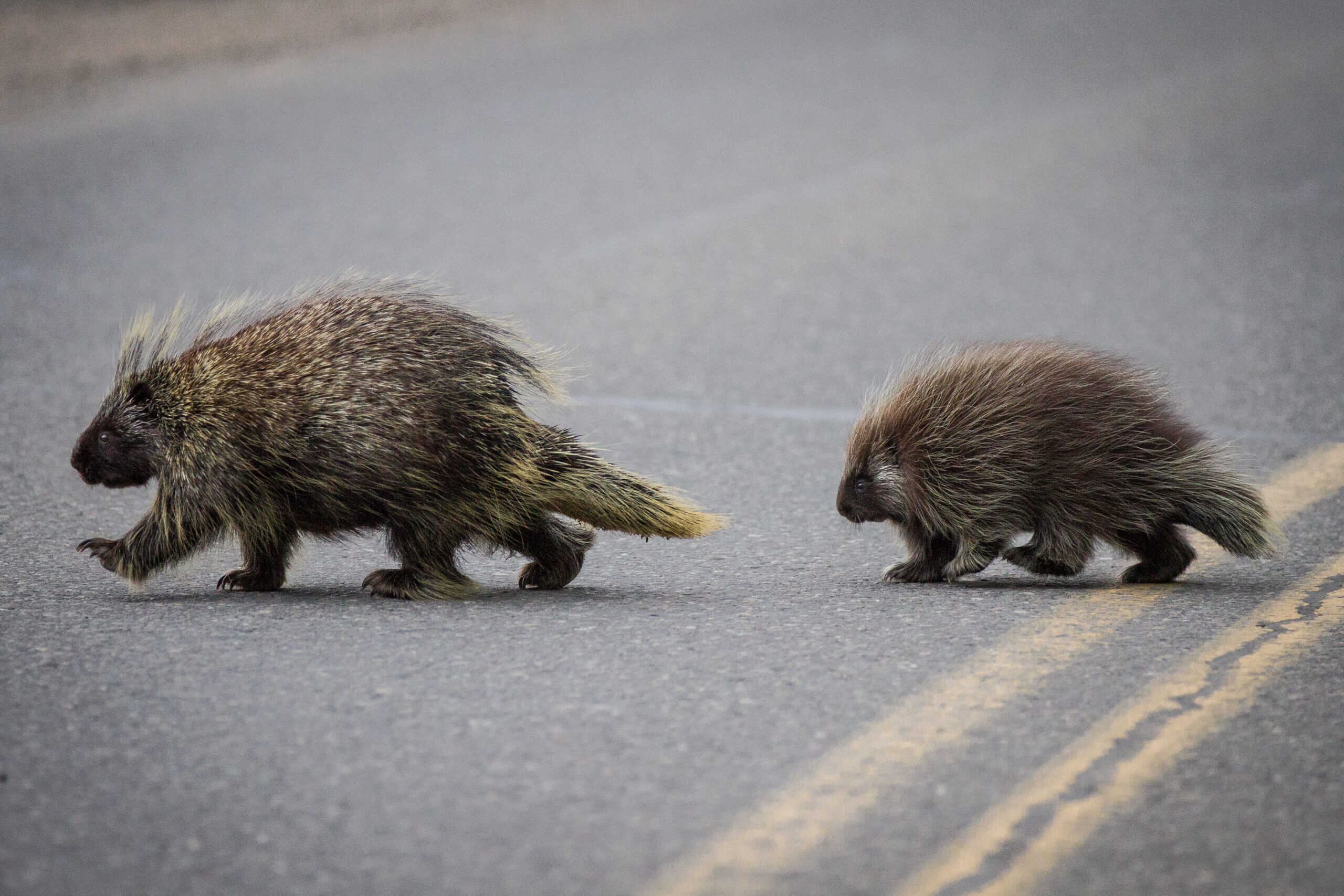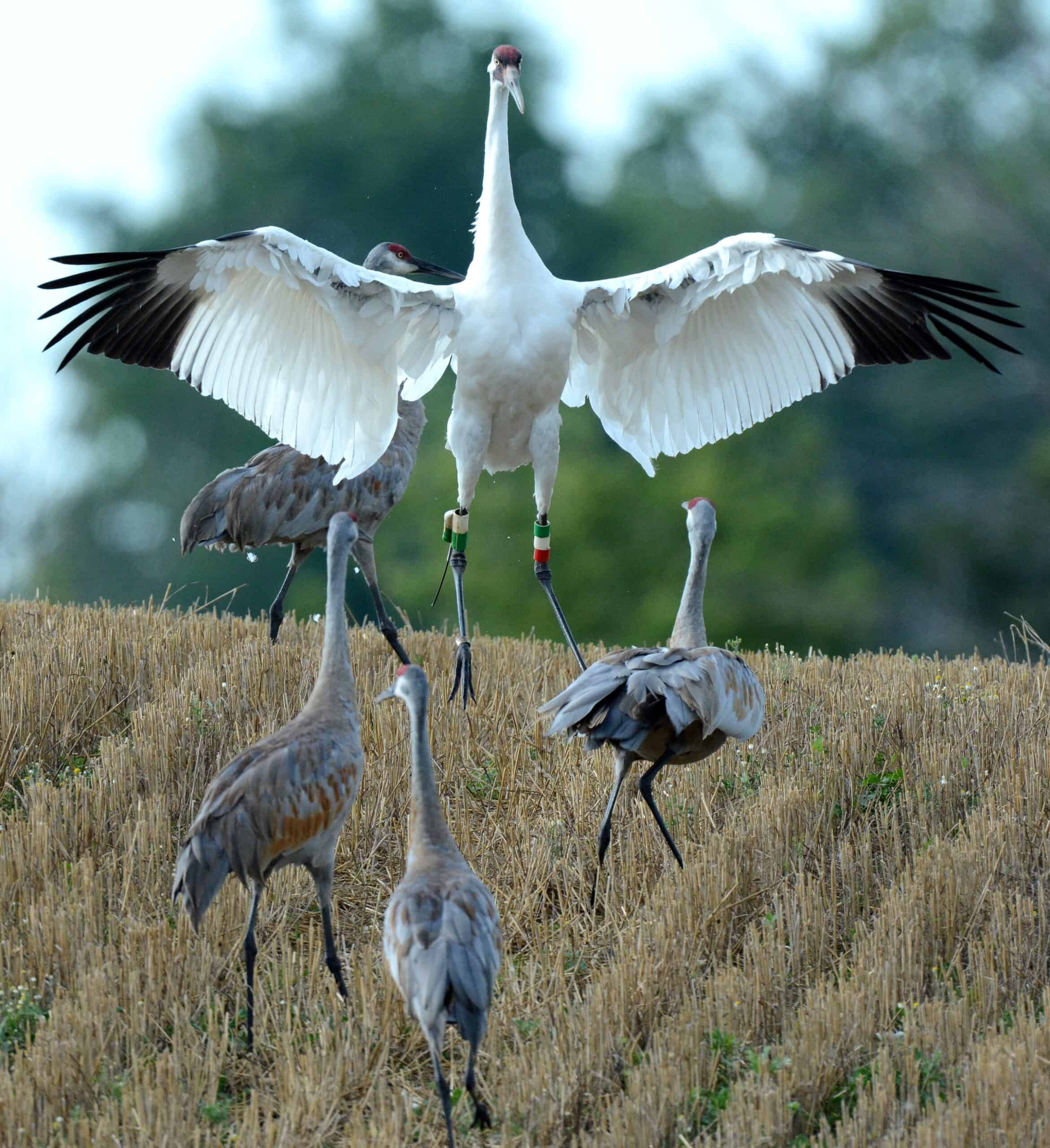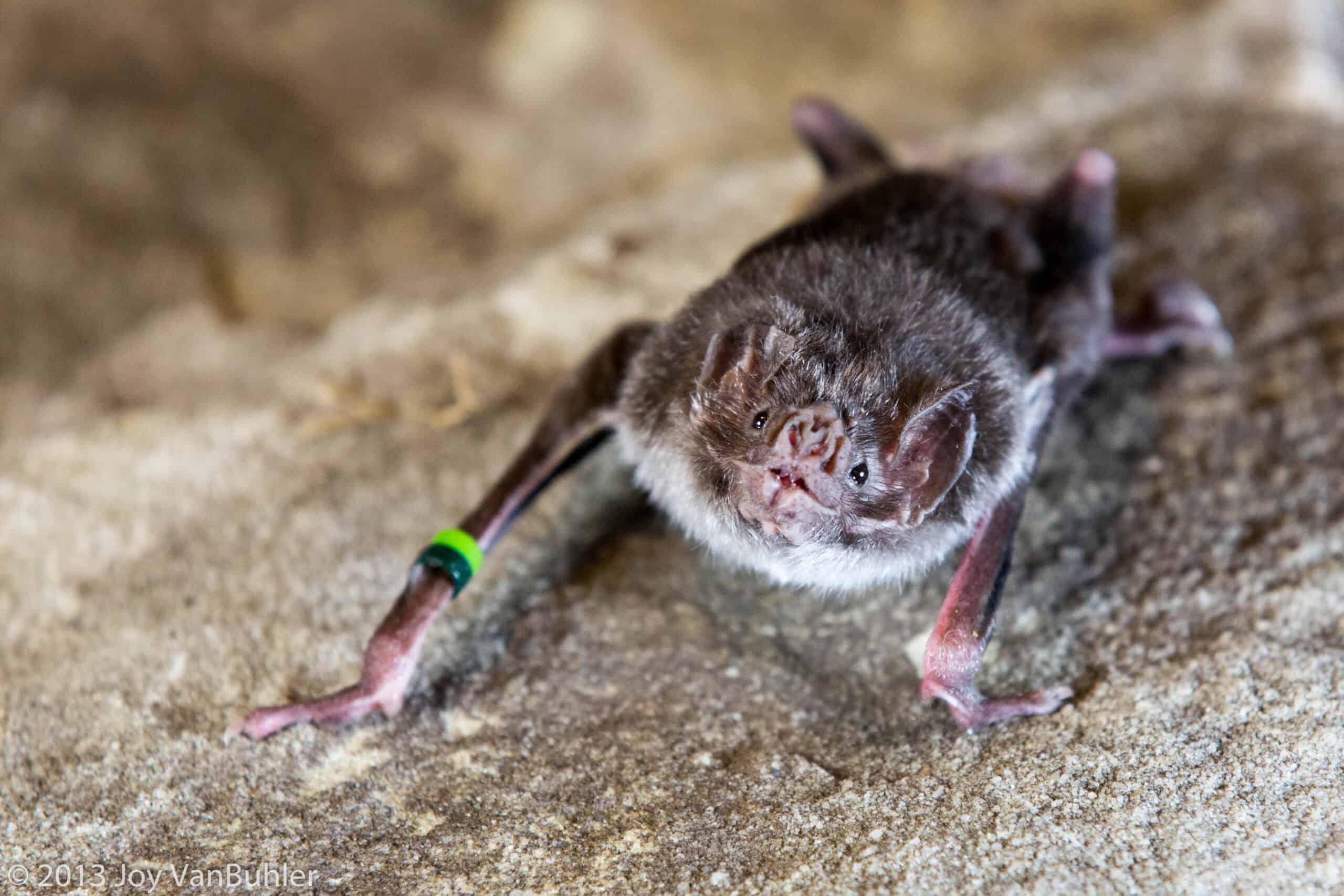Share this article
Vertebrate pollinators are particularly vital
When it comes to wild plant production, vertebrates matter, too.
A new global literature review indicates that vertebrates pollinate a big chunk of temperate and tropical wild plants, and it warns that losing these animals could seriously affect regional ecosystems.
“Research has focused on how the reproductive success of crop plants is influenced by flower-visiting insects, but there wasn’t much about vertebrates on wild plants,” said Fabrizia Ratto, lead author on the study published in Frontiers in Ecology and the Environment.
To help fill this gap and quantify the pollination services provided by vertebrates, Ratto, a doctoral candidate at the United Kingdom’s University of Southampton, and her colleagues analyzed 126 experiments that kept pollinators away from wild plants. Apart from insects, those species included birds, rodents, bats and reptiles. Species the researchers examined in North America included southern long-nosed bats (Leptonycteris curasoae) pollinating cacti in Arizona’s Sonoran Desert and ruby-throated hummingbirds (Archilochus colubris) pollinating perennial herbs in Ohio’s temperate forest.
“The overall contribution of vertebrate pollinators to plants was 63 percent,” Ratto said. Wild plants produced that much less fruit and seeds when they were separated from these pollinators. Bats appeared most consequential to the plants they pollinated, which suffered an 83 percent decrease in fruit and seed production without these animals. Bird-pollinated plants experienced a 45 percent drop in reproductive output when birds couldn’t reach them.
“Insect pollinators are the most dominant of crops and wild plants globally,” Ratto said. “The proportion of vertebrate pollinators is lower, but they are key in different biomes, such as the tropics. At a regional scale, they might be essential for those ecosystems.”
She stresses the need “to increase conservation effort on vertebrate pollinators in light of the fact that 2.5 species per year of vertebrate pollinators are moving one threat category closer to extinction — quicker than other vertebrates” — due to agricultural growth and other pressures.
The conservation of island species — like the Mauritius ornate day gecko (Phelsuma ornata) and the critically endangered climbing shrub, roussea (Roussea simplex), which it pollinates — could be especially critical, Ratto said.
“In island ecosystems where species might have developed higher interdependencies with plants, plant-pollinator interaction might be more unique,” she said. “They might be impossible to replace if the pollinator was lost.”
Header Image: A ruby-throated hummingbird pollinates a flower. ©Larry Master








